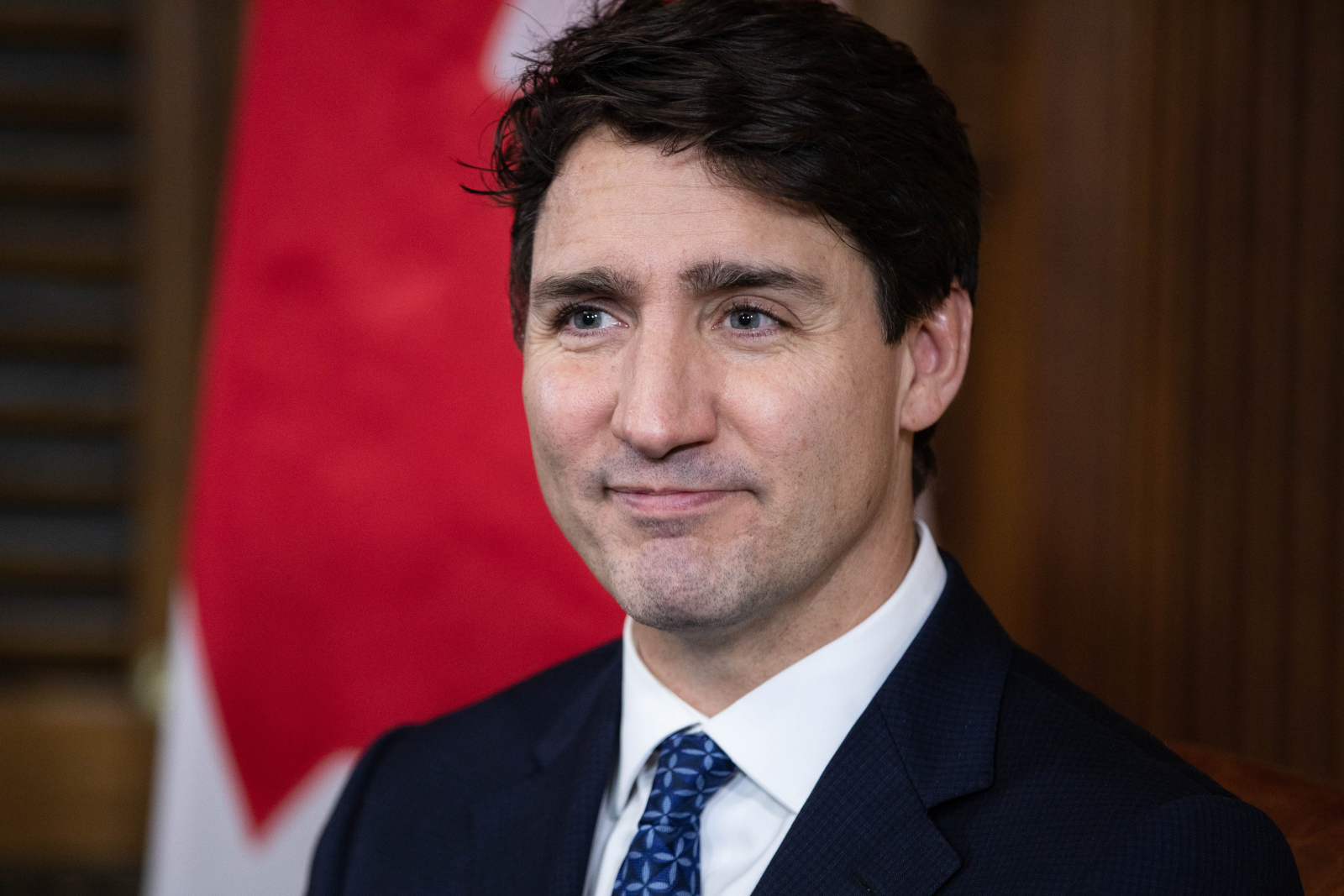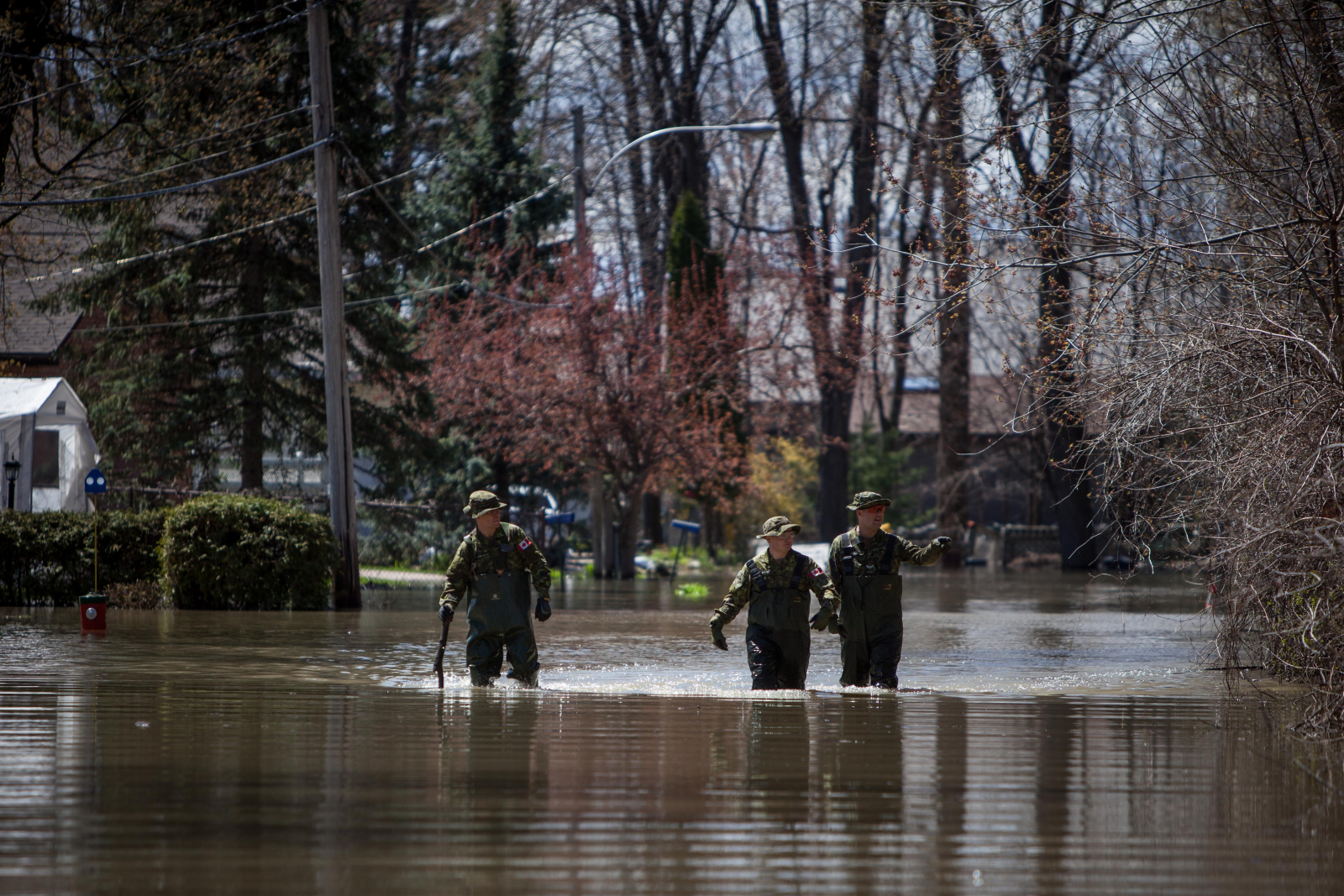
File photo of Prime Minister Justin Trudeau in Ottawa by Alex Tétreault
Sandy Garossino’s recent column, “The Serious $70 Billion Climate Plan You’ve Heard Nothing About,” purports to summarize the “extraordinarily compelling case” in favour of the federal government’s recent approval of the Trans Mountain expansion project, based on the pipeline’s contribution to climate action.
I’m not buying it. Let’s take Garossino’s main arguments one at a time:
Trans Mountain is ‘a wash’ in terms of greenhouse gases.
Garossino claims that in the pipeline’s absence, “the global supply chain would simply reshuffle and move ahead as if nothing happened.” There are both domestic and international aspects to this claim.
Garossino simply ignores the domestic emissions associated with production of the oil that will flow through the pipeline, The federal government’s own estimate is that the pipeline’s annual upstream emissions — i.e., emissions resulting from extraction, processing and transportation of crude within Canada — will be 13 to 15 million tonnes, equivalent to two million cars.
That’s a big deal because Canada’s current climate plan is not sufficient to get us to our 2030 Paris Agreement target. Indeed, the gap has been growing rather than shrinking. Adding another 15 million tonnes of emissions makes it a lot harder to meet our international obligation.
The tarsands have accounted for three quarters of Canada’s emissions growth since 1990. It’s also the sector that accounts for almost all projected growth going forward. Even the celebrated 100-megatonne cap on emissions from the tarsands — which was never legally binding and from which Alberta has withdrawn support — would allow a tripling of tarsands emissions from 2005 to 2030, thus demanding deeper compensatory cuts from other sectors and other provinces.
The longer-term challenge looms even larger. A pipeline is an investment in long-lasting infrastructure. Yet Canada’s 2030 target is just the first step. It will be ever-harder to make the deeper cuts needed after 2030 (if not before!) if we chain ourselves to new pipeline infrastructure and associated heavy oil production expected to operate for decades to come.
Now let’s consider the global context. Garossino’s assertion about the global supply chain recalls Prime Minister Justin Trudeau’s statement — notably made in Alberta, not Paris — that “no country would find 173 billions barrels of oil in the ground and leave them there.”
But that is exactly what we must do.
As with fossil-fuel consumption, we face a collective-action problem in fossil-fuel production. Oil-exporting countries say they support the Paris Agreement, but hold out hope that their oil will be the last drop consumers buy. This is especially unrealistic for Canada: our oil is relatively costly to produce and carbon-intensive to refine, and thus likely to be the first to go.
Oil exporters, including Canada, may just be making a financial bet against the success of the Paris Agreement. Whether oil producers are unduly optimistic or hedging their bets, they have collectively created a growing glut of supply relative to the demand trajectory needed to mitigate climate change.
At best, Canadians will be saddled with stranded assets and economically ill-prepared when global customers shun our exports. At worst, excess supply will continue to depress global fossil-fuel prices, undermining the transition to cleaner energy, to the detriment of future generations.
Parliament recently voted to declare climate change a “real and urgent crisis.” Surely, that crisis calls for leadership, rather than the excuse that everyone else is doing it, too. MORE









